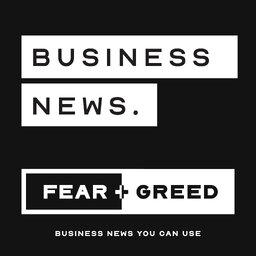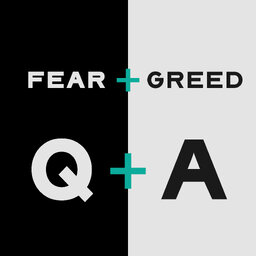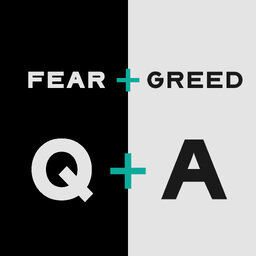Interview: The Nasdaq-listed tech company driven by a social conscience
Managing expenses isn't exactly glamorous. But this Nasdaq-listed company has streamlined the process - and businesses around the world are loving it.
Anu Muralidharan, Chief Operating Officer of Expensify, talks to Sean Aylmer from the US about the social conscience that has driven the company since its very beginning.
Expensify will be participating in the Accounting Business Expo on the 14th and 15th of March in Melbourne, which is a supporter of this podcast.
In 1 playlist(s)
FEAR & GREED | Business News
Daily business news for people who make their own decisions, with business journalist Sean Aylmer an…Social links
Follow podcast
Recent clips

Housing starts with a bang; gold, silver, Bitcoin tumble; Epstein captures Gates, Musk
16:11

Q+A: The Week Ahead | 2 Feb 2026
11:25

Q+A: Behind the scenes at the Olympics
08:54
 FEAR & GREED | Business News
FEAR & GREED | Business News